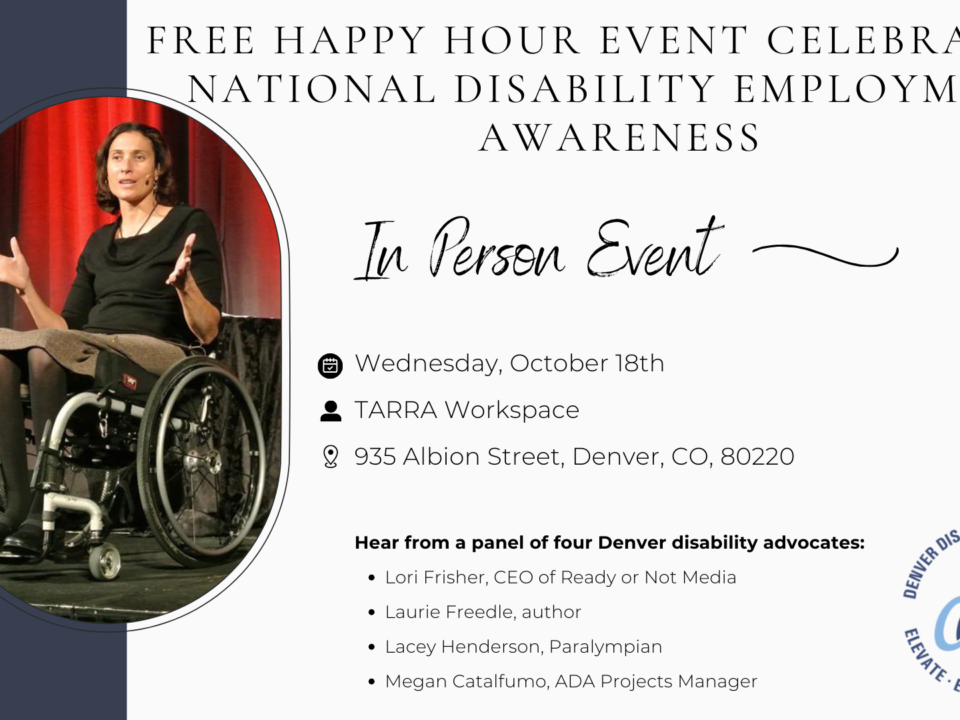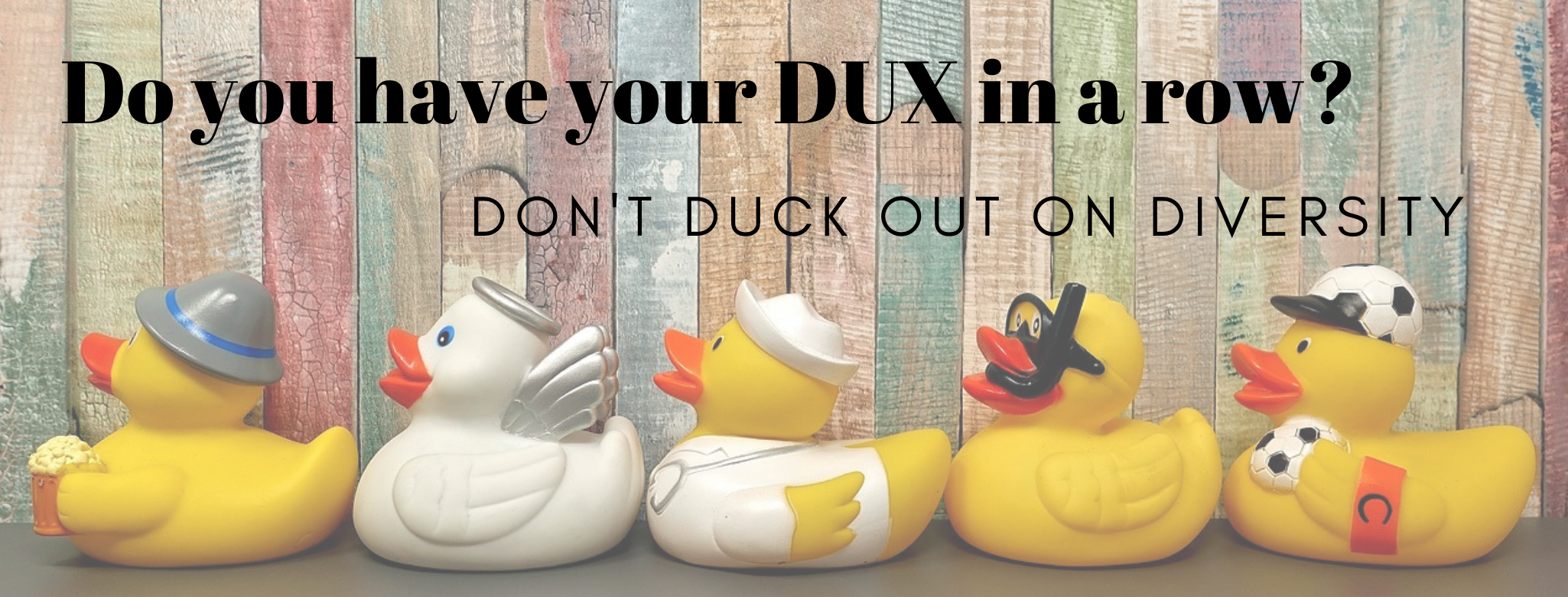One of my biggest pet peeves is living out of a suitcase. You know the feeling that comes with a move to a new house, a string of overnight business trips in different cities, or staying at a relative’s house for the weekend? It’s the uneasy feeling of being between “here” and “there.” You’re not without the comfort of a bed or a roof over your head, but you also can’t quite get settled.
In these times, we are all in tune with that feeling of being unsettled. And when you’re unsettled, it often leads to fear. For many it’s getting used to working at home and having figuring out what the ideal home office setting looks or feels like, not knowing how long you’ll be working from home or how long the kids will be out of school. There are no clear cut deadlines for the end of social distancing, quarantining or when we’ll be back to fully stocked toilet paper aisles at the store.
We are in uncertain territory and are stretching our resilience muscles to the limit. Our ability to “bounce back” when times are tough is difficult. We tend to internalize everything that is going on around us—a health crisis, businesses closing, travel bans and more. At the moment, we are in a constant state of trying to be resilient from minute to minute, hour to hour and day to day.
I clearly remember living like this before. After being hit by a car riding my bicycle and lying paralyzed in the hospital, my inner dialogue asked, What is my life going to be like now? Will I ever feel “normal” again? Do I have the mental, physical and emotional strength to get through this complete turn of events in my life?
We all have this ability, but it is for sure like a muscle. It must be trained and maintained, but we must all muster the mental discipline to “get to the gym” in the first place.
Since I learned a lot about sticking in the game when the going gets tough, here are eight keys I’ve used to be more resilient and I hope they will help you:
- Learn to separate the “controllables” and the “uncontrollables”: Often I am asked if I wish my accident had never happened or if I think about what my life would be like if I hadn’t been paralyzed from the chest down. My answer is always no. Because it did happen. I am paralyzed and will use a wheelchair for the rest of my life. And what good does it do to wish and wonder about things that simply aren’t going to be? In life, there are things we can control and things we can’t. We get much closer to our desired objectives if we spend our time working on the things we can influence, rather than spending time in worry and regret over things that have already happened or things we have no control over. Try making a list of what is in your control and what isn’t. Then throw away the list of what you have no control over and begin to think creatively about how you can problem-solve those items in which you can make an impact.
- Find your role models: One of the biggest impacts in my ability to be resilient following my accident was having role models. Some of those were individuals with disabilities whom I met prior to my accident, others were those I met in the hospital who had gone on to accomplish their life’s goals, despite their injuries, and returned to share their stories with me and the other inpatients. It is such an empowering feeling to see success in action and realize that you can get to the other side of your discomfort.
- Keep mini-goals: When I was in my fog of what happens next, I found that I needed to give myself “carrots”—mini-goals that would keep me moving forward despite the fact that I didn’t have a solid road map or know what would be possible following my disability. Even though you may not know what happens next in this time of uncertainty, remember this is not a time to sit around in a panicked state, but to give yourself the gift of making plans and creating goals that will help you continue to put one foot in front of the other.
- Detach from Outcomes: With that said, I find one of the most important parts of goal setting is to allow for some flexibility. This has always been hard for me since I am the type of person who sets a goal or a timeline and then holds myself strictly accountable. But over the years, I have learned to detach from outcomes. Certainly, I still set goals, but if/when they begin to veer off course, I let go of my death grip on the reins and open myself to new and different scenarios that I may not have thought about, and which might just be even better than the goal I had set for myself in the first place. Life is an adventure if you’re willing to “roll with it.”
- Exercise your passion: Getting through times of uncertainty is a stressful situation, but one of the best ways I found to combat it was to exercise my passion. Of course, my passion happens to be exercise—but what is yours? Gardening, art, grandkids, sports, music? Our passions are the things that ground us and make us who we are. They are also the activities that make you forget everything else that is happening around you because you are in a perfect state of flow, and while chaos surrounds you, you can be in an internal state of calm.
- Round up your village: With no one to turn to in your time of need, overcoming challenges can feel like a lonely undertaking. Take a minute and pause for a deep breath and recognize the support which surrounds you—your village. These are the people you can turn to when you feel frustrated, isolated, defeated or any other emotion that threatens your resilience muscle. Who are the cheerleaders you turn to for encouragement? The coaches you turn to for direction? Mentors, who have been where you are and can advise you in any number of situations? Or your pacers, who spur you to continue chasing, even when the challenges are great?
- Check your hope meter: Have you checked in on your hope meter lately? While I agree that HOPE Is not a strategy, I don’t believe you can be resilient in the face of adversity and change on the way to that strategy, without hope. If you don’t believe that there is something better waiting out there for you (even if it seems so far away) and don’t believe you have the
 ability to make it to the finish line, I can be almost certain you won’t get there. To get to hope, you must encourage yourself through the thoughts that swirl in your mind (I CAN do this…I am smart…I am interesting…I am talented and intelligent), as well as, keep plugging forward, one step at a time. You may not know what step five is, or step 25, but start with step one. When that is complete, step two will show up for you, then step three. Keep moving forward until something gets in your way and you can’t move forward anymore. And if that happens, when the wall appears—pivot—and begin moving in a new direction, because—as something I learned from my therapists in my journey back from my accident—there’s always more than one way to achieve a goal!
ability to make it to the finish line, I can be almost certain you won’t get there. To get to hope, you must encourage yourself through the thoughts that swirl in your mind (I CAN do this…I am smart…I am interesting…I am talented and intelligent), as well as, keep plugging forward, one step at a time. You may not know what step five is, or step 25, but start with step one. When that is complete, step two will show up for you, then step three. Keep moving forward until something gets in your way and you can’t move forward anymore. And if that happens, when the wall appears—pivot—and begin moving in a new direction, because—as something I learned from my therapists in my journey back from my accident—there’s always more than one way to achieve a goal! - Let your imagination wander! We have access to such a great tool, something we used regularly up to about the time we were ten or twelve when we called the shots. We decided how the story was going to go and how it was going to end. As adults, we forget that we still have access to this tool. Don’t know how the story is going to end? Don’t know where we will be in the next two months? Make it up! When I was in the hospital recovering from my paralyzing injury, I had no idea what was going to be possible and I could imagine a hundred sob stories about what my life was going to be like when I got out of the hospital. Or, I could dream. I could imagine me being just fine, doing things I had never done before, gathering up the courage to take risks and living a happy, healthy life. So that’s what I did. Every night, when the visitors had left my room and I was all alone, I created stories with happy endings. I envisioned what I wanted to see in my life. And now looking back twenty years later, some of the names, faces or places have changed, but I can vividly see how those thoughts guided me to live optimistically and accept that even though I didn’t have a clear picture during those dark nights, my days have turned out brighter than I could have imagined.





2 Comments
Very encouraging!
VERY inspiring just what I needed!